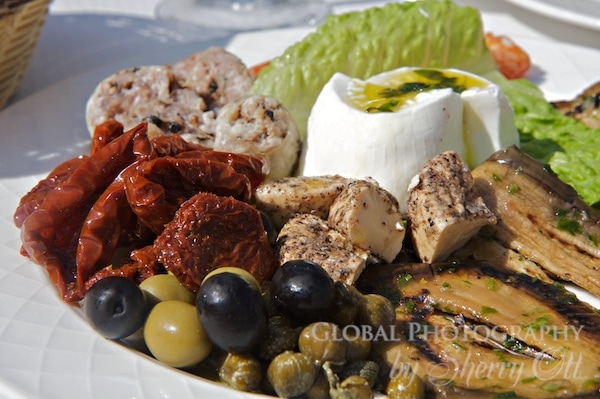Introduction to Maltese Cuisine
Maltese cuisine is a reflection of the island’s rich history and cultural diversity. It has been influenced by various Mediterranean cuisines, including Italian and Arabic. Maltese cuisine is known for its hearty and rustic dishes, with a focus on fresh and locally-sourced ingredients.
The Importance of Agriculture in Maltese History
Agriculture has been an essential part of Malta’s history since ancient times. The island’s fertile soil and abundant sunshine make it an ideal place for agriculture. Over the centuries, Maltese farmers have cultivated a variety of crops, including olives, grapes, citrus fruits, and vegetables. Today, agriculture remains a vital part of Malta’s economy, with many small-scale farmers continuing to produce high-quality, organic produce.
Influences from Rural Traditions on Maltese Cuisine
Maltese cuisine is deeply rooted in the island’s rural traditions. Many traditional Maltese dishes are made using simple, rustic ingredients, such as pulses, grains, vegetables, and meat. These ingredients reflect the island’s agricultural heritage and the importance of self-sufficiency in Maltese rural communities. For example, the popular Maltese dish, rabbit stew, is made using locally-sourced rabbit and a variety of vegetables and herbs.
Typical Maltese Dishes and Ingredients
Some of the most popular Maltese dishes include pastizzi, a savory pastry filled with ricotta or pea puree, and ftira, a flatbread topped with vegetables, cheese, and anchovies. Other popular dishes include lampuki pie, made with locally-caught fish, and bragioli, beef olives stuffed with garlic, parsley, and bacon. Maltese cuisine also features a variety of traditional sweets, such as imqaret, a sweet pastry filled with dates.
Farm-to-Table Movement in Malta
In recent years, there has been a growing interest in the farm-to-table movement in Malta. Many restaurants and cafes now source their ingredients directly from local farmers, ensuring freshness and quality. This movement has also led to an increased appreciation of traditional Maltese ingredients and dishes.
Opportunities to Experience Maltese Agriculture and Cuisine
Visitors to Malta can experience the island’s rich agricultural heritage by visiting local farms and markets. Many farms offer tours and tastings, allowing visitors to sample fresh produce and learn about traditional farming methods. There are also many restaurants and cafes that specialize in traditional Maltese cuisine, offering visitors a chance to taste the island’s unique flavors and ingredients.

